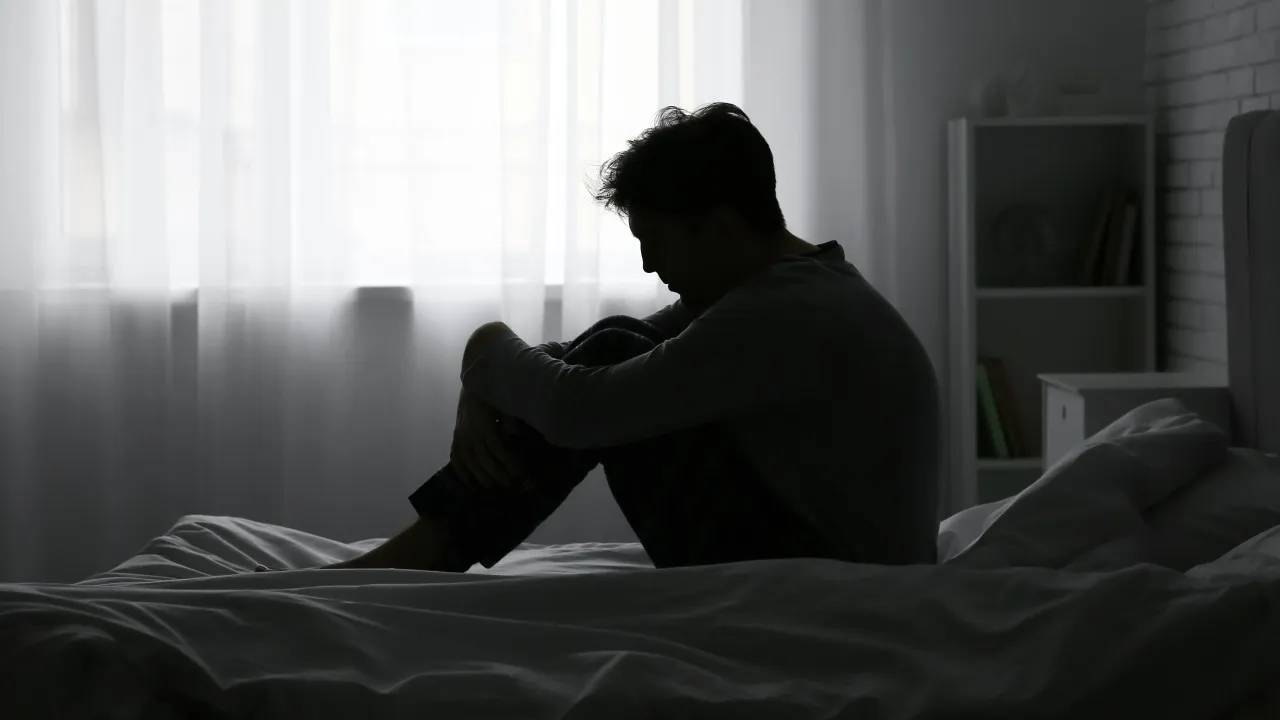
Approximately 30% of adolescents surveyed in a study released today have self-harmed, with 7% admitting they have attempted suicide at least once. Only 13% have sought help.
The study further finds that the majority of young people have contemplated suicide, with about half exhibiting moderate suicidal ideation and 18% “thinking about dying daily,” according to psychologist Maria de Jesus Candeias, who led the research.
The study involved 900 young people from the Lisbon Metropolitan Area, averaging 15 years of age. It identified family and psychological factors—such as suicidal ideation, symptoms of borderline disorder, and impulsivity—as key risks contributing to this silent suffering.
Maria de Jesus Candeias stated that the aim of the research was to understand the prevalence of self-injurious and suicidal behaviors during adolescence and the factors contributing to their development and prevention.
“So far, we have an enormous prevalence, considering the seriousness of these behaviors,” the researcher said, expressing concern that “only 13% have asked for any type of help from parents or a teacher,” indicating that this issue “remains invisible within the community.”
“This is very concerning because these young people are alone, not seeking help, not talking,” she warned, explaining that these behaviors arise to “cope with overwhelming emotional pain, especially when words or someone to listen are lacking.”
The behaviors in question include intentional self-harm actions, such as cutting, burning, hitting oneself, ingesting substances, or placing oneself at risk, with or without suicidal intent.
Maria de Jesus Candeias noted that “often the turbulence of adolescence is confused with these symptoms,” which creates confusion, leading the young individuals themselves to underestimate what is happening to them.
“These are not tantrums or cries for attention,” as many still believe, but “a pathological sign of deep psychological suffering that cannot be ignored,” she emphasized.
The psychologist warned that there is a “continuous increase” in these behaviors: “The young person is in distress, which worsens, both in severity and frequency, possibly leading to serious attempts or completed suicides in the long term.”
The results demonstrate that an unbalanced family environment, marked by low cohesion and flexibility, significantly affects how young people learn to manage, or fail to manage, their emotions.
Maria de Jesus Candeias illustrated that “fragile family bonds, little affection, and low information sharing make adolescents feel alone, disconnected, and without a safe haven to express what they are experiencing emotionally.”
“Very rigid” families also make the young person feel trapped, misunderstood, and without space to make mistakes and live through this stage of life.
The researcher, conducting the study as part of her Ph.D. in Clinical Psychology at ISPA — University Institute, argued that families must be very attentive to these situations and “improve communication.”
“We live in a society where families are disconnected, where parents don’t know their children, and children don’t know their parents,” she warned.
She highlighted the importance of schools in detecting signs and offering help, but encountered “significant barriers” accessing schools during her work, a “reflection of the stigma still surrounding mental health in adolescence.”
She stressed, “silence about suicidal behaviors does not protect— it isolates.”
According to the researcher, self-injurious behaviors in young people have “increased exponentially” over the past two decades, with a distinct difference between pre and post-pandemic periods.
She advocated for the urgent development of therapeutic programs targeting adolescents with these issues, integrating the family and promoting early diagnosis, combined with individual psychotherapy, structured family support, and, when necessary, specialized institutional support.
“Schools, families, and communities should be safe spaces where this suffering can be recognized and addressed,” she emphasized.
—-
If you are struggling with a mental health issue, have self-destructive thoughts, or simply need to talk to someone, you should consult a psychiatrist, psychologist, or general practitioner. You can also contact one of these organizations (all provide anonymous support for both callers and those answering):
Psychosocial support from the Lisbon City Council
800 916 800 (available 24/7)
SOS Voz Amiga – Emotional support and suicide prevention hotline
800 100 441 (available from 15:30 to 00:30, free of charge)
213 544 545 – 912 802 669 – 963 524 660 (available from 16:00 to 00:00)
Conversa Amiga
808 237 327 (available from 15:00 to 22:00, free of charge)
210 027 159
SOS Student – Emotional support and suicide prevention hotline
239 484 020 – 915246060 – 969554545 (available from 20:00 to 01:00)
Hope Telephone
222 080 707 (available from 20:00 to 23:00)
Telephone of Friendship
228 323 535 | 222 080 707 (available from 16:00 to 23:00)
SNS 24 Psychological Counseling – Contact is handled by health professionals at SNS24
808 24 24 24 then select option 4 (available 24/7)




